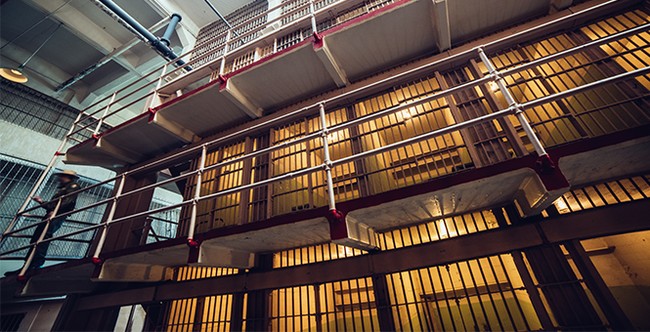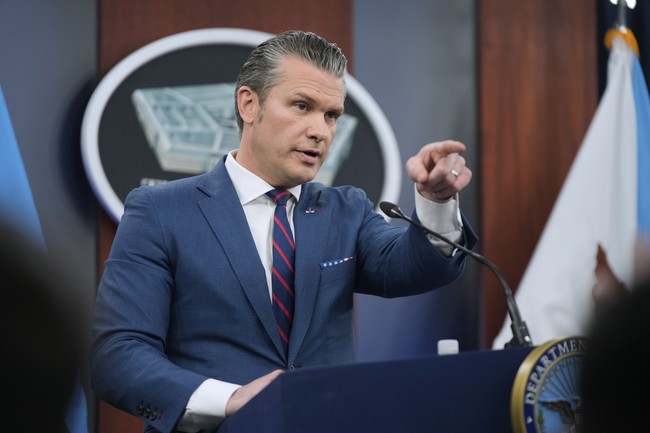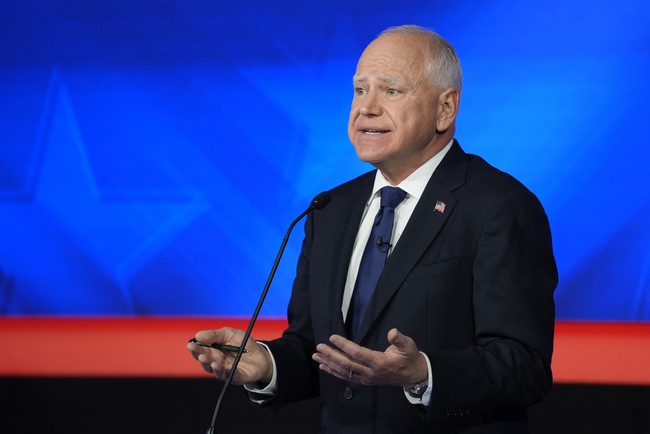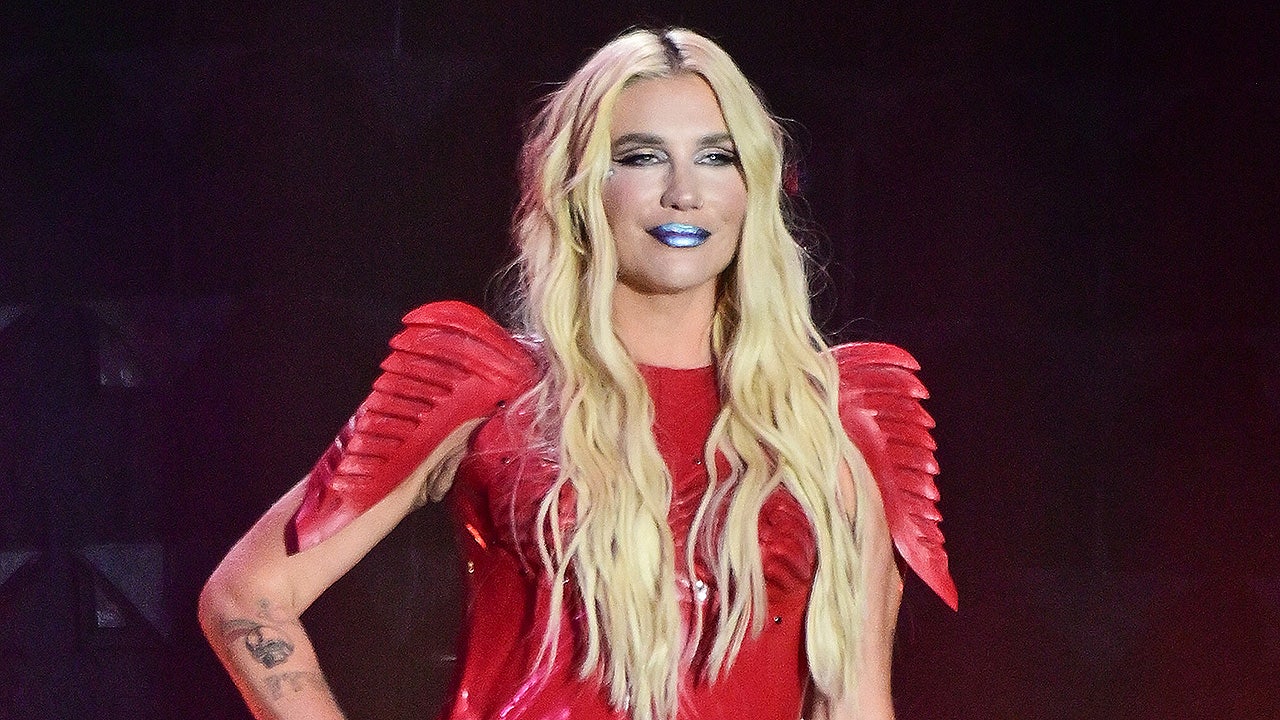Alexandria, VIRGINIA — A Clinton-appointed judge seemed skeptical Thursday that the attorney prosecuting former FBI Director James Comey and New York Attorney General Letitia James was properly appointed.
Lindsey Halligan’s appointment to lead the U.S. Attorney’s Office in the Eastern District of Virginia, made just days before she secured an indictment against Comey, violates basic constitutional principles that require dismissing both cases, defense attorneys for James and Comey argued.
Federal law allows the attorney general to select an interim U.S. attorney to fill a vacancy for 120 days. Defense attorneys argue the clock ran out when former Interim U.S. Attorney Eric Siebert’s term expired, and Attorney General Pam Bondi cannot “string together” consecutive 120-day appointments to put Halligan in charge.
Siebert resigned in October after reportedly facing pressure from Trump to bring indictments, enabling Bondi to install Halligan in the vacant position at the president’s direction. In a later-deleted Sept. 20 Truth Social post directed at Pam Bondi, Trump questioned why “nothing is being done” about Comey, James and Democratic California Sen. Adam Schiff — who he called “guilty as hell.”
The government told the judge any issues with Halligan’s appointment amount to no more than a “paperwork error” that should not lead to dismissal.
Judge Cameron Currie, who serves as a district court judge in South Carolina and was appointed by President Bill Clinton, questioned whether allowing her appointment would nullify the impact of the Senate, which is responsible for confirming the president’s U.S. Attorney nominees.
If the judiciary “blesses” the government’s interpretation of federal law, they will “never have reason to go through Senate confirmation again,” Comey’s defense attorney Ephraim McDowell at one point warned.
Currie also questioned why the government would need to ratify Halligan’s appointment after the fact.
To avoid any “doubt as to the validity” of her appointment, Bondi signed a new order on Oct. 31 appointing Halligan as “Special Attorney” with authority to conduct any legal proceeding in the Eastern District of Virginia.
The logic of the government’s ratification would allow “Steve Bannon or Elon Musk” to ask a grand jury to indict without even being an attorney and have the attorney general “bless it” afterwards, James’ defense attorney Abbe Lowell argued.
At one point, Currie raised an issue with the grand jury transcript from Comey’s case, which she said was missing a portion due to the court reporter either not being present or not taking notes. She pressed the government to explain how Bondi’s ratification could be valid if she had not seen the full transcript.
Currie also questioned if the government believed a ruling disqualifying special counsel Jack Smith from prosecuting his classified documents case against Trump was “wrongly decided.” Department of Justice (DOJ) Attorney Henry Whitaker told the judge the decision is not “controlling” in this situation.
An Emerging ‘Pattern’?
During closing arguments, McDowell argued Halligan’s appointment is part of a “pattern” of the Trump administration trying to evade Senate confirmation.
Alina Habba’s appointment as interim U.S. attorney for the District of New Jersey is being considered by the Third Circuit Court of Appeals. Currie indicated she listened to oral arguments challenging Habba’s appointment, which were held in October.
Lowell, who also argued against Habba’s appointment, said he was “eagerly” awaiting a decision. (RELATED: Obama-Appointed Judge Finds Alina Habba’s Reinstatement As Top Blue State Prosecutor ‘Unlawful’)
Defense lawyers are also challenging appointments of interim U.S. Attorneys Bill Essayli in the Central District of California and Sigal Chattah in Nevada. In those cases, the DOJ used a creative legal maneuver to keep temporary appointees in place rather than letting district courts make an appointment.
If Halligan’s appointment is found improper, defense attorneys said the cases should be dismissed because she was the sole signer of the indictments, which she secured after presenting alone to the grand juries. Citing media reports, defense attorneys noted that career prosecutors who worked on the matter didn’t believe there was a case.
Currie indicated she would issue a decision by Thanksgiving.
All content created by the Daily Caller News Foundation, an independent and nonpartisan newswire service, is available without charge to any legitimate news publisher that can provide a large audience. All republished articles must include our logo, our reporter’s byline and their DCNF affiliation. For any questions about our guidelines or partnering with us, please contact [email protected].
Read the full article here







![Pete Hegseth Sends a Reporter Packing with Go Pound Sand Type Answer [WATCH] Pete Hegseth Sends a Reporter Packing with Go Pound Sand Type Answer [WATCH]](https://www.lifezette.com/wp-content/uploads/2025/06/2025.06.12-12.43-lifezette-684acb6aaa294.jpg)



